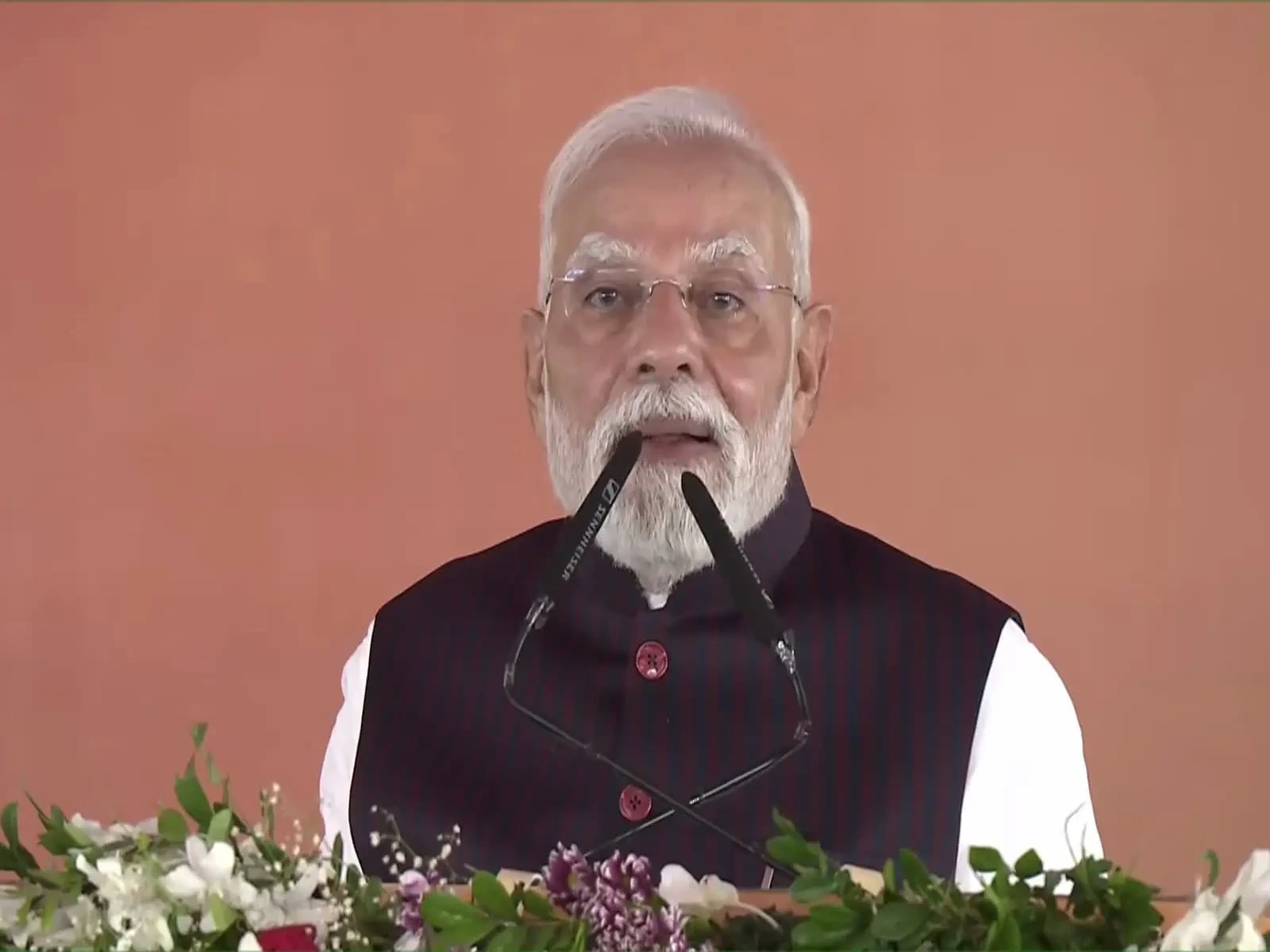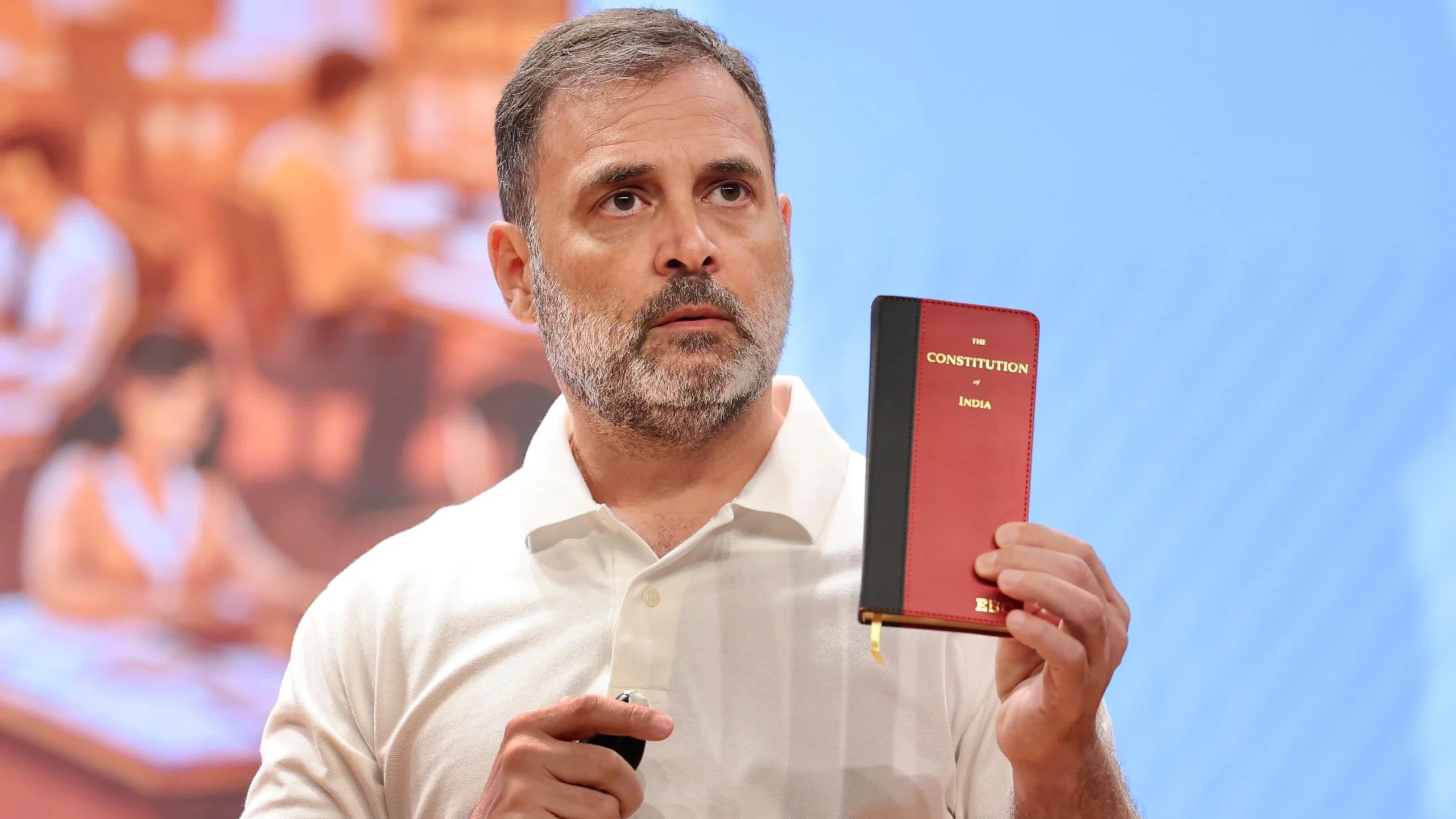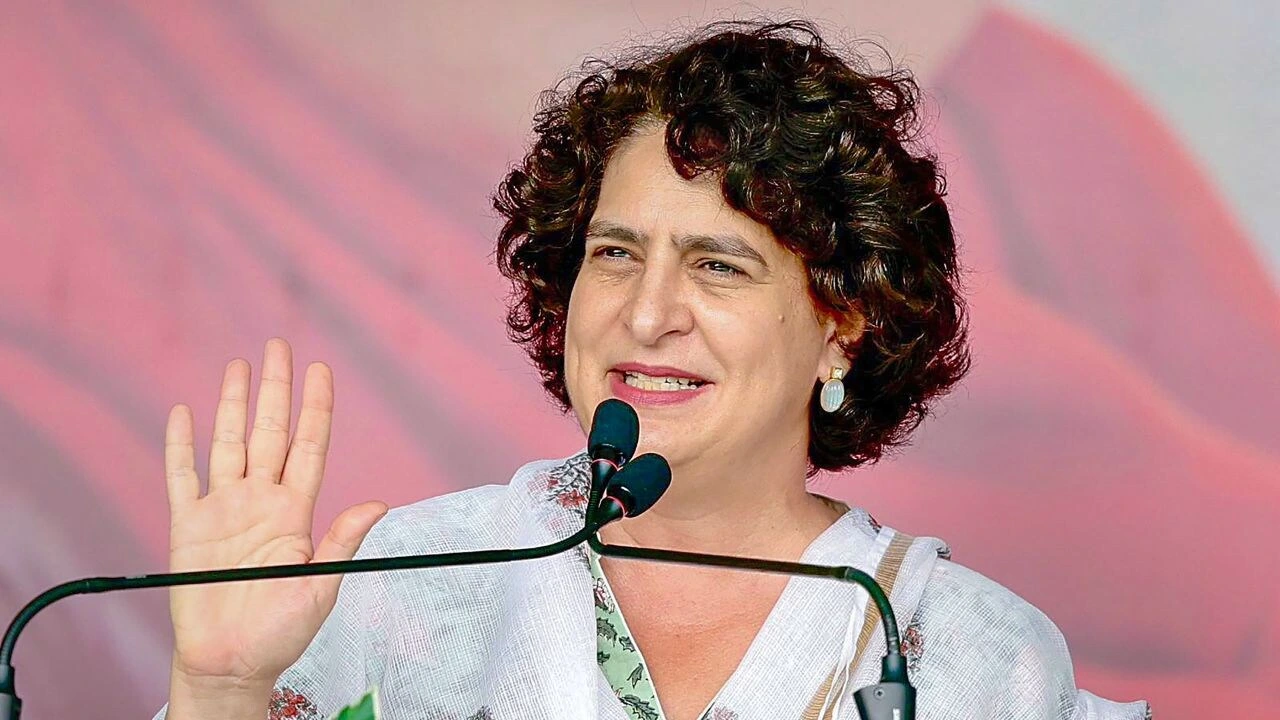07-Oct-2024, 03:10 PM
A Delhi court has ordered BJP leader Praveen Shankar Kapoor to respond to a defamation case filed by Delhi Chief Minister Atishi. This development follows Atishi’s claims that several Aam Aadmi Party (AAP) MLAs were approached by the BJP with offers of cash to switch parties, which Kapoor contends are false and defamatory.
Background of the Case
The defamation complaint stems from statements made by Atishi during a press conference, where she alleged that 21 AAP MLAs were contacted by the BJP with offers of ₹25 lakh each to defect. Kapoor, a spokesperson for the BJP, filed the complaint asserting that Atishi’s allegations were baseless and damaging to his reputation. He argued that her claims lacked evidence and were intended to malign him and the BJP.
Court Proceedings
On September 30, the Additional Sessions Judge Vishal Gogne issued a notice to Kapoor, requiring him to file a response to Atishi’s application by October 7. This order came after Atishi challenged an earlier ruling from a magisterial court that had summoned her in connection with Kapoor’s defamation suit. The sessions court’s decision is seen as a crucial step in ensuring that both parties have the opportunity to present their cases adequately.
Atishi’s legal team contends that her remarks were made in the context of political discourse and should be protected under free speech provisions. They argue that the allegations made against her are part of a broader political strategy by the BJP to silence dissenting voices.
Implications of the Case
This case highlights the ongoing tensions between the AAP and BJP in Delhi, particularly regarding allegations of corruption and political maneuvering. As political parties increasingly turn to legal avenues to address perceived slights or defamation, such cases can have significant implications for public discourse and accountability.
The outcome of this case could set a precedent for how political figures navigate accusations in the highly charged environment of Indian politics. It raises important questions about freedom of speech versus defamation in political contexts, especially as both parties prepare for upcoming elections.
Conclusion
As the court awaits Kapoor’s response, this defamation case underscores the contentious nature of political communication in India today. With both sides poised for a legal battle, the implications extend beyond individual reputations, touching on broader issues of political integrity and accountability in governance.





